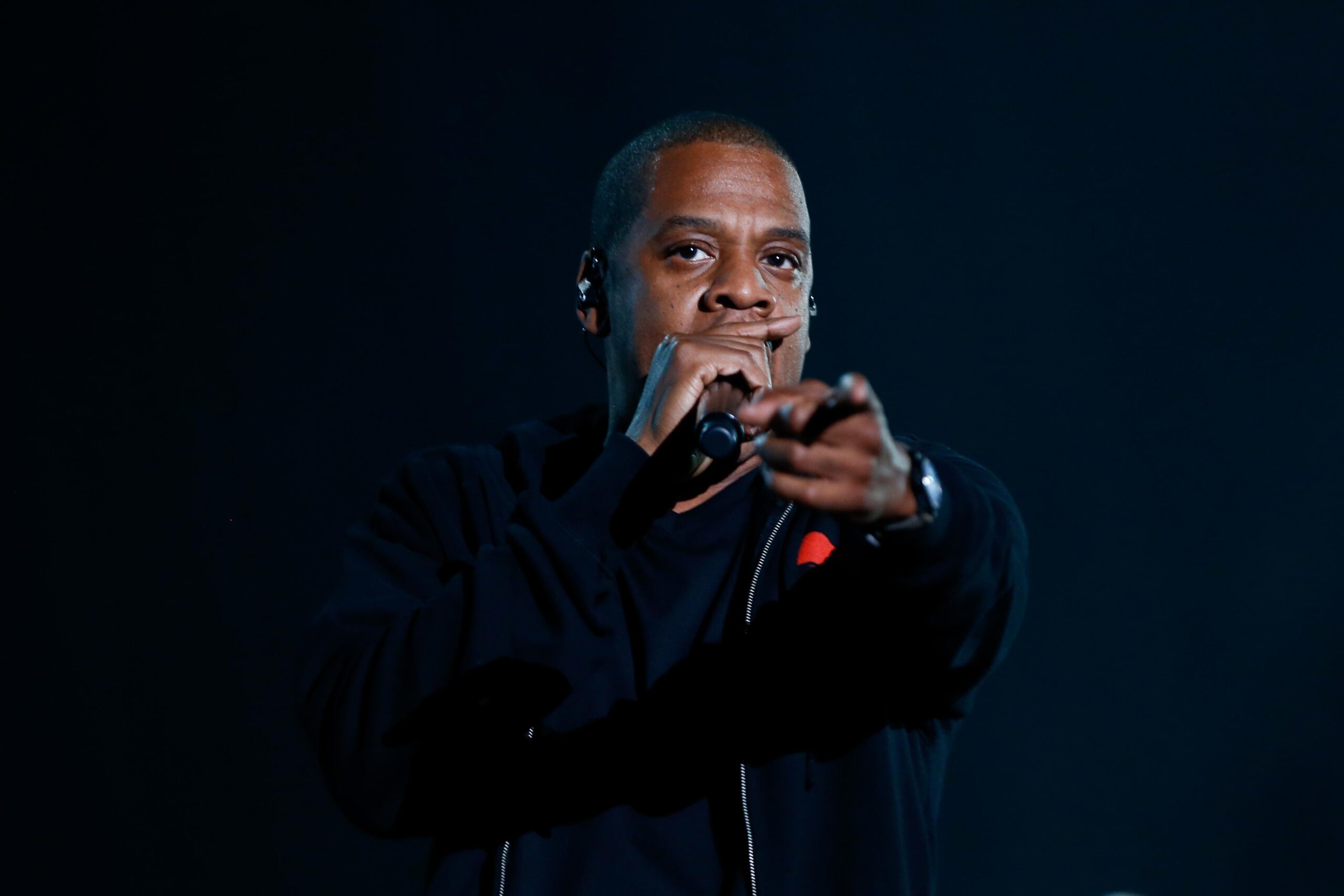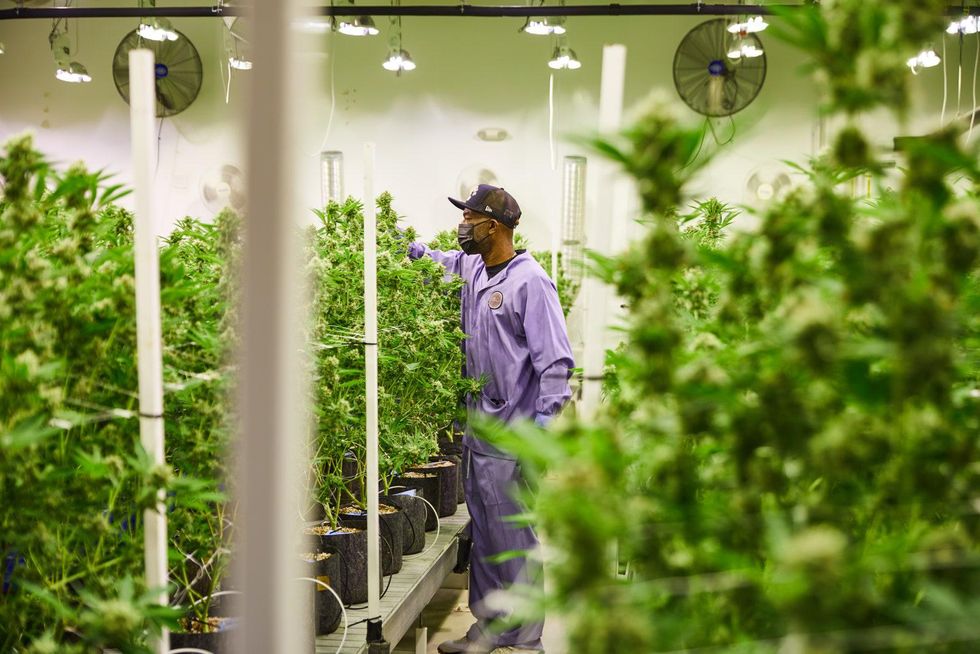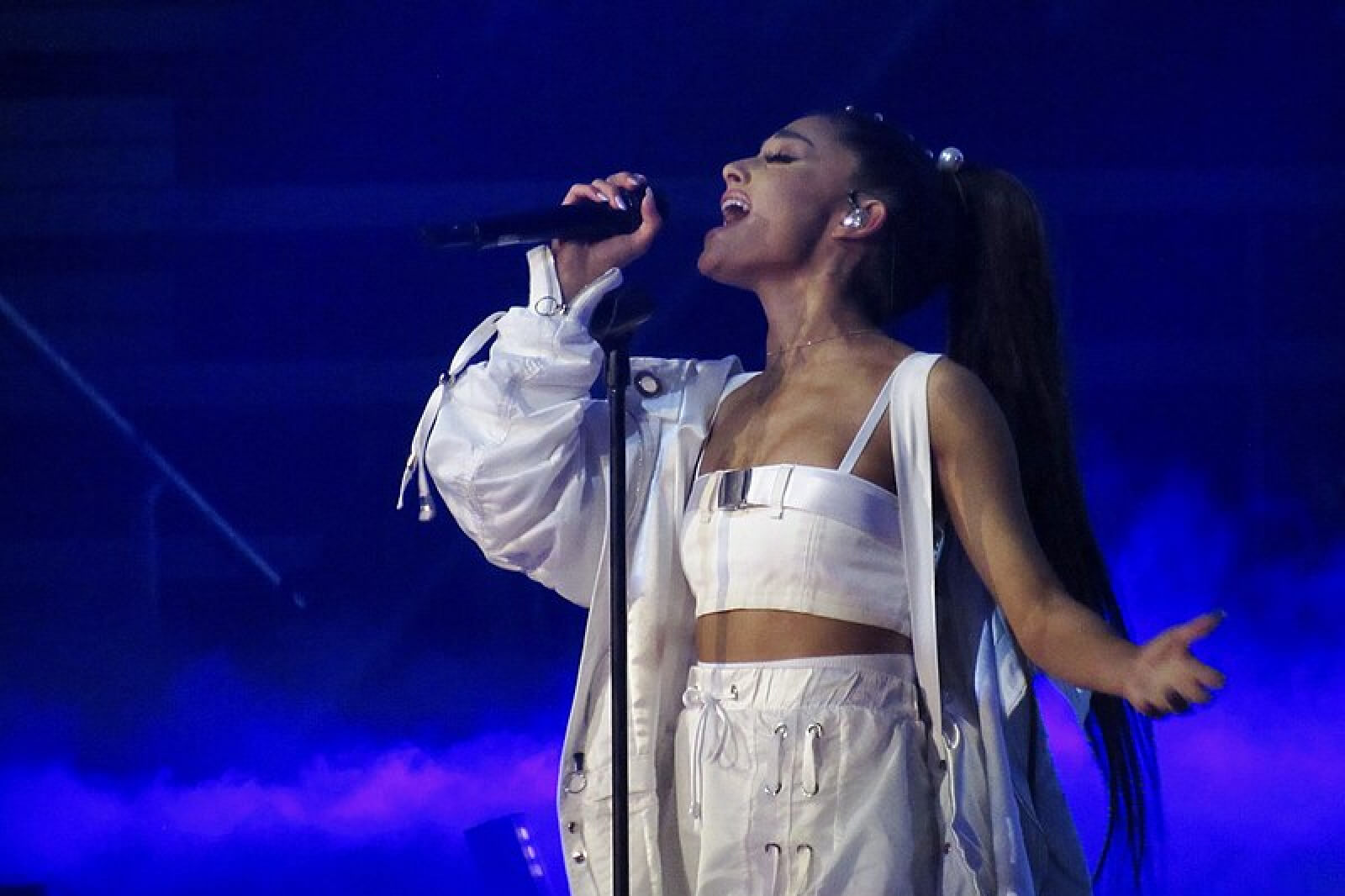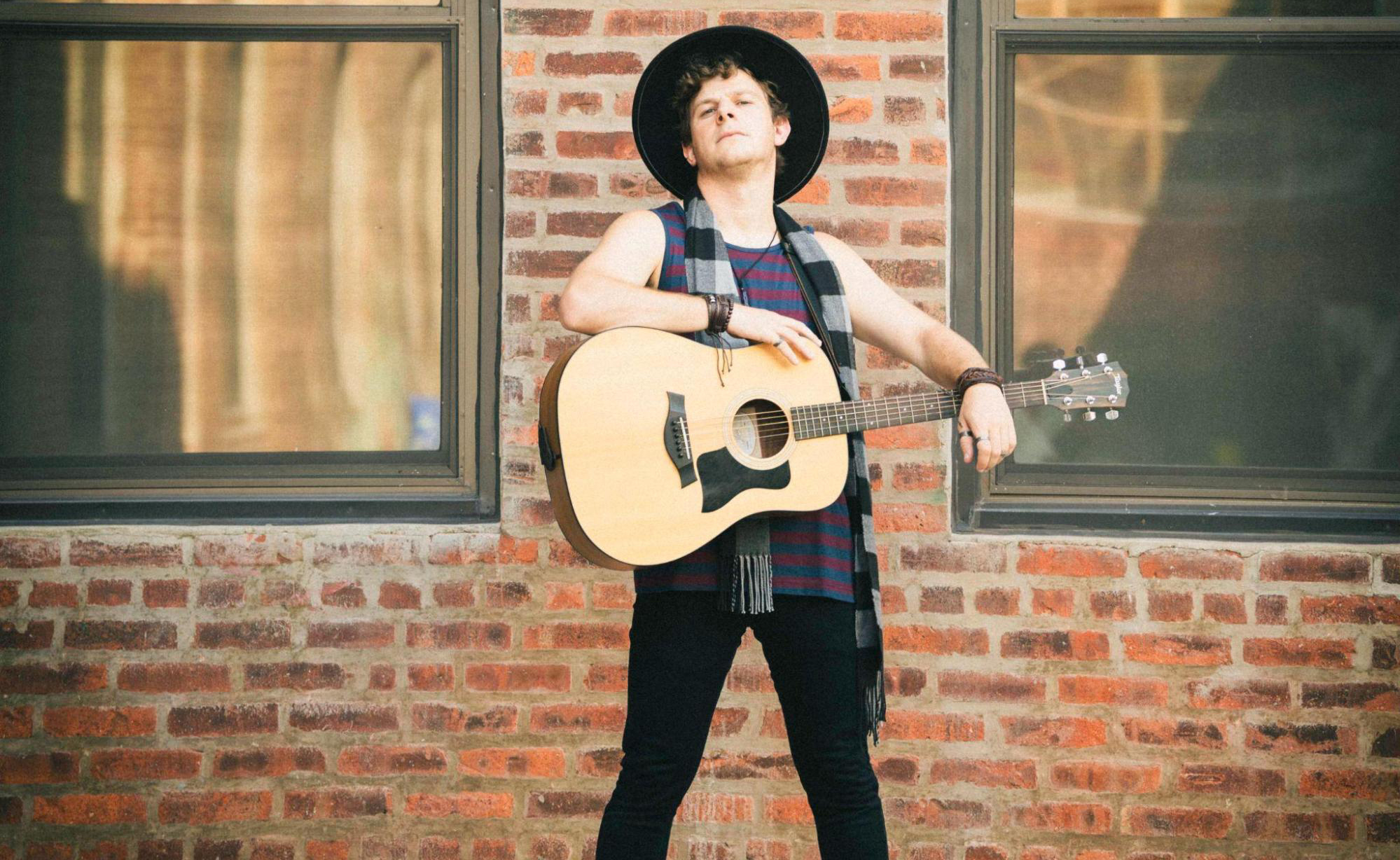CULTURE
The Unabashed Opulence of Jay Z’s Luxury Cannabis-Themed Slim Aarons Photoshoot
19 Apr, 21

Jay Z
By Debby Wong // Shutterstock
Beyonce’s husband, the rapper known as Jay Z, is back again with new promotions for his much-hyped luxury weed label, Monogram.
With widespread recreational legalization around the corner, many people are starting cannabis-based businesses, getting in on what is supposedly the new gold rush — well, besides NFTs and cryptocurrency.
Among the hopefuls starting to make a fortune in the emerging industry is rapper and business mogul, Jay Z.
Jay has been focusing on his entrepreneurial pursuits for years now, between sporadic album releases and accompanying Beyonce on tour. His ventures include his record label, his investments in stocks, real estate, and art, as well as his company, TIDAL, amongst others.
Jay Z’s net worth shot up by almost 40% this year through strategic money moves, which now seem to have been in preparation to focus more on his newest venture. First, he sold off 50 percent of his shares in his brand Armand de Brignac champagne to Moët Hennessy, making about $320 million from the sale.
Just days after this sale, Jay Z announced a new partnership with Jack Dorsey, co-founder of Twitter, after selling a majority stake in his streaming service TIDAL to Dorsey’s Square, Inc. In a deal that included a combination of cash and $297 million worth of stock, as well as a position for Jay Z on Square’s board of directors.
With these new deals and partnerships under his belt, Jay Z’s net worth has reached $1.4 billion dollars from $1 billion. Already the first Hip-Hop billionaire (the validity of Kanye’s billionaire status is still under speculation), his recent net worth increase might get another bump from his growing company, Monogram.
Monogram launched in late 2020, and the company’s press materials include a quote by Jay Z, which reads: “Cannabis has been around for thousands of years, yet it is still an industry whose legacy of skilled craftsmanship is often overlooked … I created Monogram to give cannabis the respect it deserves by showcasing the tremendous hard work, time, and care that go into crafting a superior smoke. Monogram products are next-level when it comes to quality and consistency, and we’re just getting started.”
Jay Z highlighted craftsmanship, most of which happens in the behemoth facility he has in San Jose. A recent tour of its grounds by GQ showed the inner workings of the facility and also gave insight to the brand’s overall mission and goals.

According to DeAndre ‘De’ Watson, the Culture & Cultivation Ambassador for the brand, with Monogram, “Everybody scores.” The logic is that, through a mostly Black-owned and operated business, Monogram is a positive asset to the Black community.
The factory profile asserted that “Monogram also plans to invest $10 million in Black-owned cannabis businesses later this year. On the one hand, Monogram is the flagship of a high-finance, celebrity-driven cannabis conglomerate that could steamroll smaller producers; on the other, it represents Jay-Z’s belief that capitalism can be a vehicle for Black liberation.”
And while some of Jay Z’s charitable work is admirable, the glaring hypocrisy of his billionaire status hovers above any of his philanthropic efforts. Because despite how much money Jay Z gives, he is more concerned with veiling his efforts to amass wealth as pro-Black than actually being a vehicle for liberation.
Monogram is one of the most blatant examples of how Jay Z’s brand is based around the trappings of wealth which have long been gatekept by whiteness. Though his rhetoric acknowledges the economic hardships of Black people, and through he does give some of his wealth back to the community, the majority is either hoarded or spent attempting to gain closer and closer proximity to whiteness.
Many have been critical of the navel-gazing opulence of Jay Z’s Roc Nation brunches, the famous celebration for the Black elite (Beyonce’s 2019 purse encrusted with the phrase “Billion Dollar” is one we’d like to forget). With no Roc Nation brunch this year — given the pandemic which has had unprecedented economic consequences for Black people — the Monogram promotional materials feel like an even more exaggerated, even more shameless display of wealth with no real end.
Monogram’s recent photoshoot has been getting attention for its direct play on the iconic America of Slim Aarons photography from the mid-20th century.
On the Monogram website, they call the concept: “The Good Life, Redefined,” making direct parallels to images such as “Keep Your Cool,” “Desert House Party,” “Poolside Gossip,” and “Leisure and Fashion,” but with Black models.
The cast included the Grammy-nominated rapper Chika, model Slick Woods, rapper Curren$y, stylist and designer Aleali May, amongst others. Draped in luxury fabrics, lounging in the lush background of the famous Frank Sinatra house in Palm Springs (you can rent it out for $3,300 a night on Airbnb), and of course, the elaborate spreads of Monogram label weed, the images are admittedly gorgeous.
But paired side by side with the originals, it is frustrating to think that all that has changed in the decades since they were taken is that now a select group of Black people have access to the same exclusionary status symbols, rather than any sort of shift in the value of those status symbols and that over-luxurious life.
That Jay Z can parade his wealth and claim to be uplifting Black people while doing so seems nonsensical, but is a reification of the structures we are still in, and the lure of the capitalist promise. But at the end of the day, while Jay Z and friends are smoking leisurely in their luxury, Black people are still incarcerated at an exaggerated rate for weed-related charges.
And while it is important to show images of Black people in their joy, in their element, instead of always focusing on Black pain, equating freedom and joy with obscene displays of wealth is the kind of capitalist thinking which perpetuates oppressive structures.














